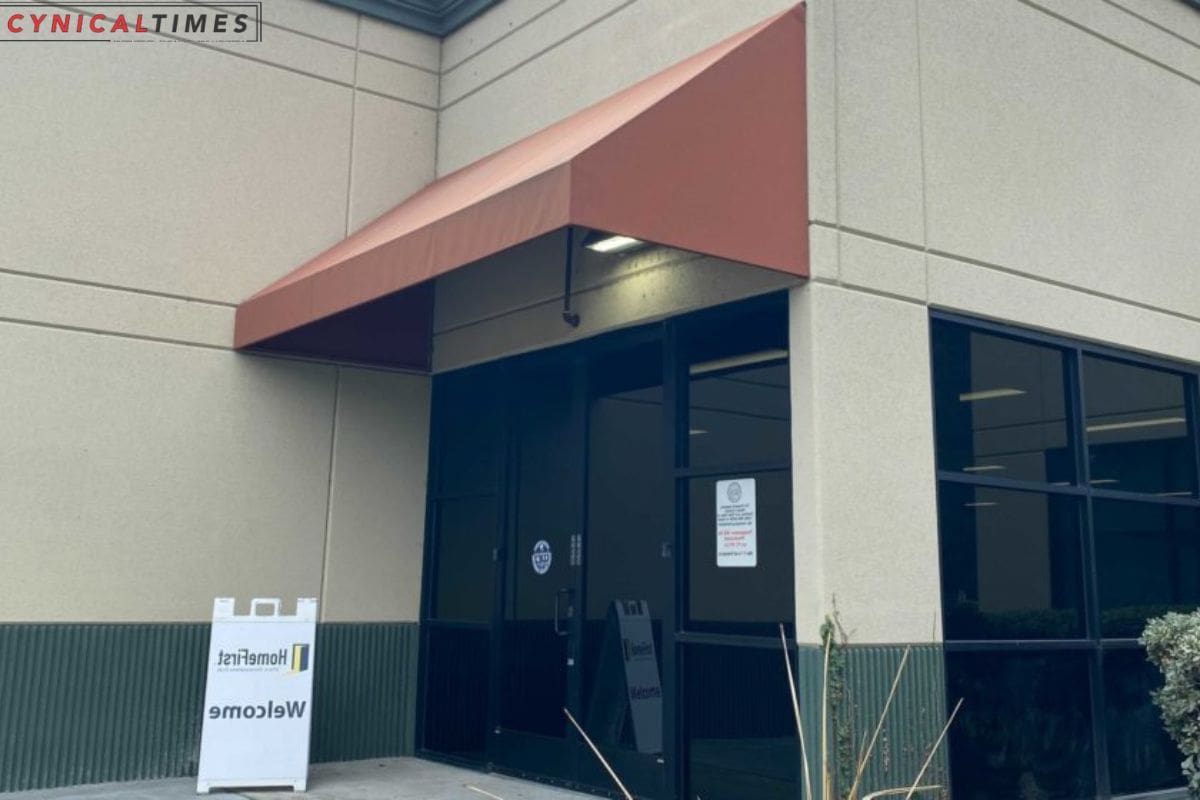Homelessness Advocates Demand Accountability: In the intricate landscape of homeless advocacy, one persistent issue echoes through the corridors of nonprofits like HomeFirst the lack of accountability. Advocates have long sounded the alarm, striving to amplify the unheard voices of the unhoused. Their grievances, however, often fall on deaf ears, dismissed as the musings of those deemed inexperienced in the intricate workings of specialty nonprofits.
The elephant in the room, noticeable to those on the fringes, has finally caught the attention of the San Jose City Council. This metaphorical pachyderm, existing longer than the tenures of multiple mayors, resides not only in city hall but also in the chambers of the Santa Clara County Board of Supervisors. The harsh reality remains there is no one else. The city can’t handle it alone, and the county seems unwilling to step up. The result: a seemingly unconscionable reliance on entities like HomeFirst to tackle issues the local governments prefer to keep at arm’s length.
The ‘one sheriff town’ mentality has persisted, with HomeFirst and its counterparts assuming responsibilities that local governments are keen to delegate. These nonprofits engage with the unhoused, acting as intermediaries, and at times, executing tasks the governments find uncomfortable. While frontline employees interact with the unhoused, any semblance of accountability is left in the cold, much like the majority of the unhoused population.
This approach worked for an extended period because nonprofits like HomeFirst executed tasks local governments wished to distance themselves from. The governments, in turn, lauded the success of these ‘programs and services’ available in shelters, a testament to their contribution to the unhoused. However, it begs the question are these programs truly focused on getting people off the streets, or are they merely conduits for funneling clients to nonprofits?


The abysmal housing placement numbers through outreach services offered by homeless nonprofits reveal a systemic issue. Rather than actively seeking ways to lift the unhoused from the streets, these nonprofits find themselves recipients of clients funneled by Santa Clara County. When pressed about the lackluster performance of a particular program, HomeFirst’s COO, Rene Ramirez, urged observers to consider the organization as a whole, downplaying the significance of one specific program.
However, the particulars matter, especially when evaluating programs with the explicit priority of getting the unhoused off the streets. The focus should shift towards scrutinizing individual programs, holding them accountable for their specified objectives. Questions about performance, transparency, and outcomes should guide future funding decisions.
A glimmer of hope arose when the Sunnyvale shelter received approval and funding to operate year-round. Supervisor Dave Cortese mandated HomeFirst to report on shelter operations during board meetings, involving clients and advocates in the process. This initiative aimed to provide a more comprehensive view of the nonprofit’s performance, fostering a sense of accountability. Unfortunately, the advent of COVID-19 disrupted these reporting mechanisms, underscoring the need to reinstate them.
Advocates have persistently urged the establishment of an oversight committee for nonprofits specializing in homelessness. This committee, consisting of county and city employees, advocates, unhoused individuals, and those with lived experiences, would evaluate the performance of entities receiving governmental funds. Such a mechanism ensures a multifaceted assessment, incorporating insights from those directly impacted.


Also Read: San Jose Housing Game Changer: Luxury Apartments Turn Affordable
Moreover, there is a growing chorus among advocates calling for the county and city to explore services from successful nonprofits beyond the local sphere. Seeking inspiration from innovative organizations tackling homelessness on a statewide level could provide valuable insights. As California’s housing crisis demands forward-thinking solutions, nonprofits must adapt and evolve, shedding old paradigms that no longer serve the evolving needs of the unhoused.
In conclusion, the call for accountability and change in homeless advocacy rings louder than ever. Transparent oversight, collaborative evaluation, and a willingness to embrace innovative approaches are essential in reshaping the landscape of homelessness support. It’s time for local governments to actively engage in steering the ship toward a more compassionate and effective future for the unhoused
Our Reader’s Queries
What does it mean to be a homeless advocate?
Collaborating with different sectors of the community, such as city and county officials, members of Congress, direct service providers, and the business community, is crucial in developing effective strategies to address homelessness. This involves working together to come up with practical solutions that can make a real difference in the lives of those affected by homelessness. By bringing together diverse perspectives and expertise, we can create a more comprehensive and sustainable approach to tackling this complex issue.
Why homelessness is a problem?
Homelessness is not a problem that only affects individuals. It has a far-reaching impact on the entire community. It affects the availability of healthcare resources, crime rates, safety, the workforce, and the use of tax dollars. Moreover, homelessness has both immediate and long-term consequences.

